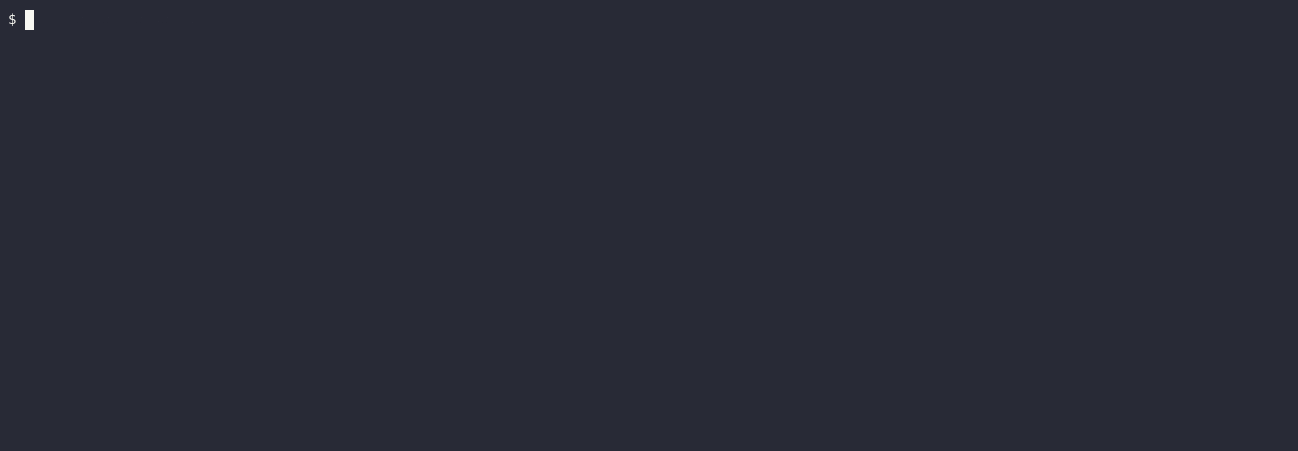Scenario Outline keyword
The Scenario Outline keyword can be used to run the same scenario multiple times, with different combinations of values.
Feature: Animal feature
Scenario Outline: If we feed a hungry animal it will no longer be hungry
Given a hungry <animal>
When I feed the <animal> <n> times
Then the <animal> is not hungry
Examples:
| animal | n |
| cat | 2 |
| dog | 3 |
| 🦀 | 4 |
At parsing stage <template>s are replaced by value from cells, so we may get that value in step matching functions (if we need though).
NOTE:
<template>s are replaced even inside doc strings and data tables.
NOTE: Only the currently executed row of
Examplestable is accessible infilter_run()and other APIs having access togherkin::Scenario::examples::table::rowsfield.
extern crate cucumber; extern crate tokio; use std::{collections::HashMap, time::Duration}; use cucumber::{World, given, then, when}; use tokio::time::sleep; #[derive(Debug, Default)] struct Animal { pub hungry: bool, } impl Animal { fn feed(&mut self) { self.hungry = false; } } #[derive(Debug, Default, World)] pub struct AnimalWorld { animals: HashMap<String, Animal>, } #[given(regex = r"^a (hungry|satiated) (\S+)$")] async fn hungry_animal(world: &mut AnimalWorld, state: String, which: String) { sleep(Duration::from_secs(2)).await; world.animals.entry(which).or_insert(Animal::default()).hungry = match state.as_str() { "hungry" => true, "satiated" => false, _ => unreachable!(), }; } #[when(expr = "I feed the {word} {int} time(s)")] async fn feed_animal(world: &mut AnimalWorld, which: String, times: usize) { sleep(Duration::from_secs(2)).await; for _ in 0..times { world.animals.get_mut(&which).map(Animal::feed); } } #[then(expr = "the {word} is not hungry")] async fn animal_is_fed(world: &mut AnimalWorld, which: String) { sleep(Duration::from_secs(2)).await; assert!(!world.animals.get(&which).map_or(true, |a| a.hungry)); } #[tokio::main] async fn main() { AnimalWorld::run("tests/features/book/writing/scenario_outline.feature") .await; }
NOTE:
Scenario Outlineruns the whole scenario for each table row separately, unlike data tables, which run the whole table inside a single step.
